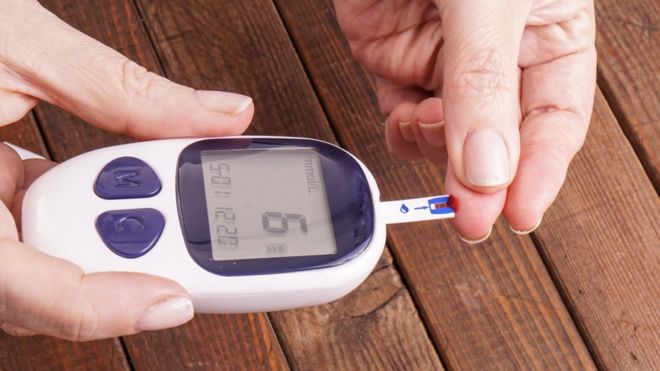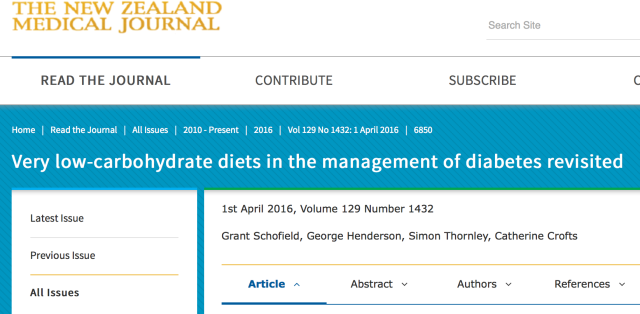
The majority of our youth are having too much sugar in their ‘diet’.
That’s even when looking at the absolute lower limit of 10% of energy intake proposed by the WHO last year. If we take the recommendation 5% by the WHO, then it will be rare to find those children in the Australian community.
Reducing added sugars to less than 5% intake equates to about 6 teaspoons of sugar for adult males, 5 teaspoons for women and 2 to 3 teaspoons for children. That’s about a third of a cup of fruit juice or soft drink or 2 to 3 squares of chocolate.
How are we doing Australia? Not well in the short or long term….
http://www.smh.com.au/…/australias-sugar-intake-described-b…
http://journals.cambridge.org/action/displayAbstract…
https://www.facebook.com/permalink.php?story_fbid=1001279259966525&id=393958287365295






